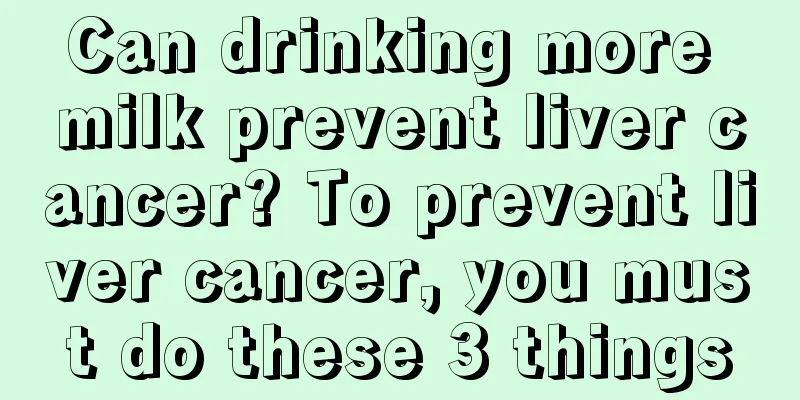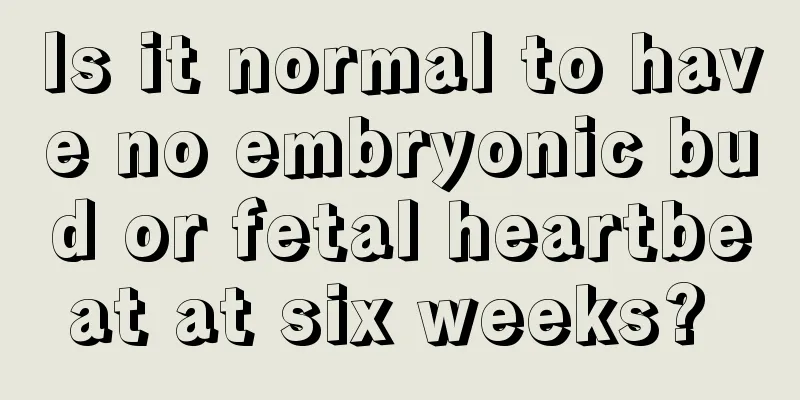What's going on with chest tightness and pain?

|
If you have chest tightness and pain, you should pay attention to the cause. For example, common chest wall diseases, or bronchial, lung and pleural diseases can cause chest tightness and pain. But the most important thing is to go to the hospital for a more comprehensive examination. 1) Chest wall disease It is mainly caused by lesions of the chest wall muscles, ribs or intercostal nerves. The main feature is that the pain is often fixed at the site of the lesion, and there are many obvious tender points locally. like: 1. Intercostal neuralgia, with a tingling sensation along the intercostal nerves, which worsens with coughing and breathing. 2. Chest pain caused by rib fracture, with obvious history of injury or long-term severe coughing, obvious tenderness in the painful area, which is more obvious when squeezed. 3. Chest pain caused by herpes zoster in the chest and abdomen may cause blisters to appear locally, and the pain is generally not related to coughing or breathing. 2) Diseases of the trachea, bronchus, lungs and pleura The main feature is that the pain is often related to breathing and coughing. like: 1. The chest pain of spontaneous pneumothorax occurs suddenly, accompanied by difficulty breathing, coughing, shortness of breath, and even serious conditions such as cyanosis and shock. 2. In pleurisy, the pain is stabbing, and is most noticeable in the ribs where the chest expands the most. 3. The chest pain of trachea and bronchitis is significantly aggravated when coughing and breathing, and is accompanied by a burning sensation in the chest. 4. In lung diseases such as pulmonary infarction, the pain is mostly localized in the affected area and may feel like a knife cutting. It will get worse with breathing, coughing, or movement. 3) Circulatory system diseases Common diseases include coronary heart disease, pericarditis, etc. 1. The characteristics of angina pectoris attack are strangulation, pressure or fear in the left anterior chest or behind the sternum. The attack usually lasts about 30 seconds and can be relieved by taking coronary vasodilators. 2. In addition to the above symptoms, chest pain caused by myocardial infarction can also radiate to the left shoulder, inner side of the left arm, and sometimes to the chin, neck, and even upper abdomen. The pain is tight and severe, lasting for more than 30 minutes. Taking coronary vasodilation drugs has no significant effect. At the same time, symptoms such as arrhythmia may occur. 3. Pericarditis. The pain is sometimes very similar to myocardial infarction, but it is aggravated by coughing, breathing, changes in body position, and lying on the left side. The pain also lasts for a long time and cannot be relieved by coronary vasodilators. |
<<: What is the cause of cutaneous amyloidosis
Recommend
What to do if there are bed bugs in the bed
As people's living standards improve, they pa...
What is the method for differential diagnosis of bladder tumors?
Bladder tumor is a urological disease that can be...
What can I eat to lighten melasma?
There is an old Chinese saying that "medicin...
Will semen flowing into the belly button cause bacterial infection?
All men and women who have had sex know that men ...
Chemoradiotherapy regimen for nasopharyngeal carcinoma
Chemoradiotherapy for nasopharyngeal carcinoma Na...
What causes a hamartoma on the kidney?
Renal hamartoma, also known as renal angiomyolipo...
Menstrual standards for endocrine therapy of breast cancer
Breast cancer patients need to correctly judge th...
Side effects of carboplatin chemotherapy
Carboplatin chemotherapy is one of the more commo...
Symptoms of acute enteritis
Enteritis is a common gastrointestinal disease. G...
How is rectal cancer inherited
In recent years, various cancers have been rampan...
Can you make your own wind-masking liquid from tea leaves at home?
Wind-covering liquid is suitable for the treatmen...
Will renal hamartoma cause kidney pain? Four symptoms of renal hamartoma make you feel uncomfortable
There are many manifestations of renal hamartoma....
I didn't expect the effect of bear bile to be so powerful
Bear bile is the dried bile of brown bears and bl...
What are the disadvantages of tourmaline steaming?
We all know that tourmaline steaming has many ben...
What should you pay attention to when you have premature heart beats? Beware of these complications!
Premature beats can cause the heart to beat irreg...









